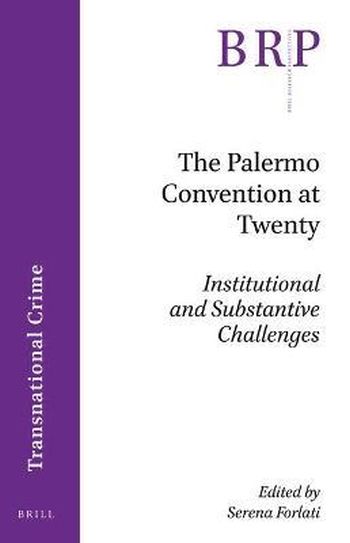
In The Palermo Convention at Twenty: Institutional and Substantive Challenges experts with different backgrounds discuss the institutional features of the United Nations Convention against Transnational Organized Crime and its Supplementing Protocols, the developments of the treaty system and its suitability to address the multifarious forms of contemporary transnational organized crime.